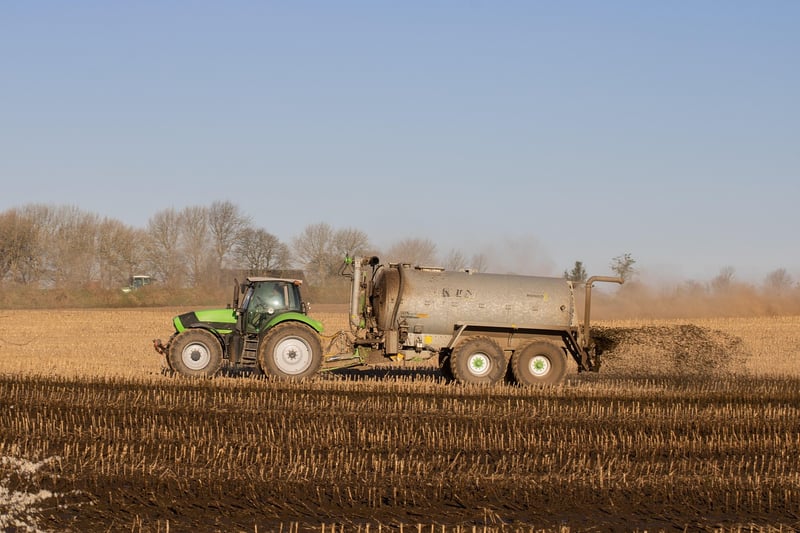Fertilizing
Keeping Your Garden Healthy: The Importance of Fertilizing
Having a healthy garden is every gardener's dream. One crucial aspect of maintaining a thriving garden is proper fertilization. Fertilizing your plants provides them with essential nutrients they need to grow strong and beautiful. Let's explore the significance of fertilizing and some tips on how to do it effectively.
Why is Fertilizing Important?
Plants require various nutrients to develop properly. These nutrients include nitrogen, phosphorus, potassium, and other trace elements. While soil naturally contains some of these nutrients, they can become depleted over time due to plant uptake, leaching, and other environmental factors. Fertilizing helps replenish these essential nutrients, ensuring your plants have everything they need to thrive.
Types of Fertilizers
There are different types of fertilizers available, including organic and synthetic options. Organic fertilizers are derived from natural sources such as compost, manure, and bone meal. They improve soil structure and promote beneficial microbial activity. Synthetic fertilizers, on the other hand, are manufactured and provide nutrients in a readily available form for plants.
When to Fertilize
The timing of fertilization is crucial for its effectiveness. In general, it's best to fertilize your garden in the spring before the growing season begins. You can also apply fertilizer during the growing season based on the specific needs of your plants. Avoid over-fertilizing, as this can lead to nutrient imbalances and harm your plants.
Tips for Effective Fertilization
- Test your soil to determine its nutrient levels before applying fertilizer.
- Choose the right fertilizer based on your plants' needs and growth stage.
- Follow the instructions on the fertilizer package for proper application rates.
- Water your plants after fertilizing to help nutrients reach the roots.
- Monitor your plants for any signs of nutrient deficiencies or excesses.
Conclusion
By understanding the importance of fertilizing and following best practices, you can keep your garden healthy and vibrant. Remember to fertilize responsibly, taking into account your plants' needs and environmental considerations. A well-fertilized garden is not only visually appealing but also more resistant to pests and diseases, ensuring you can enjoy your green oasis to the fullest.

Image source: Pixabay
